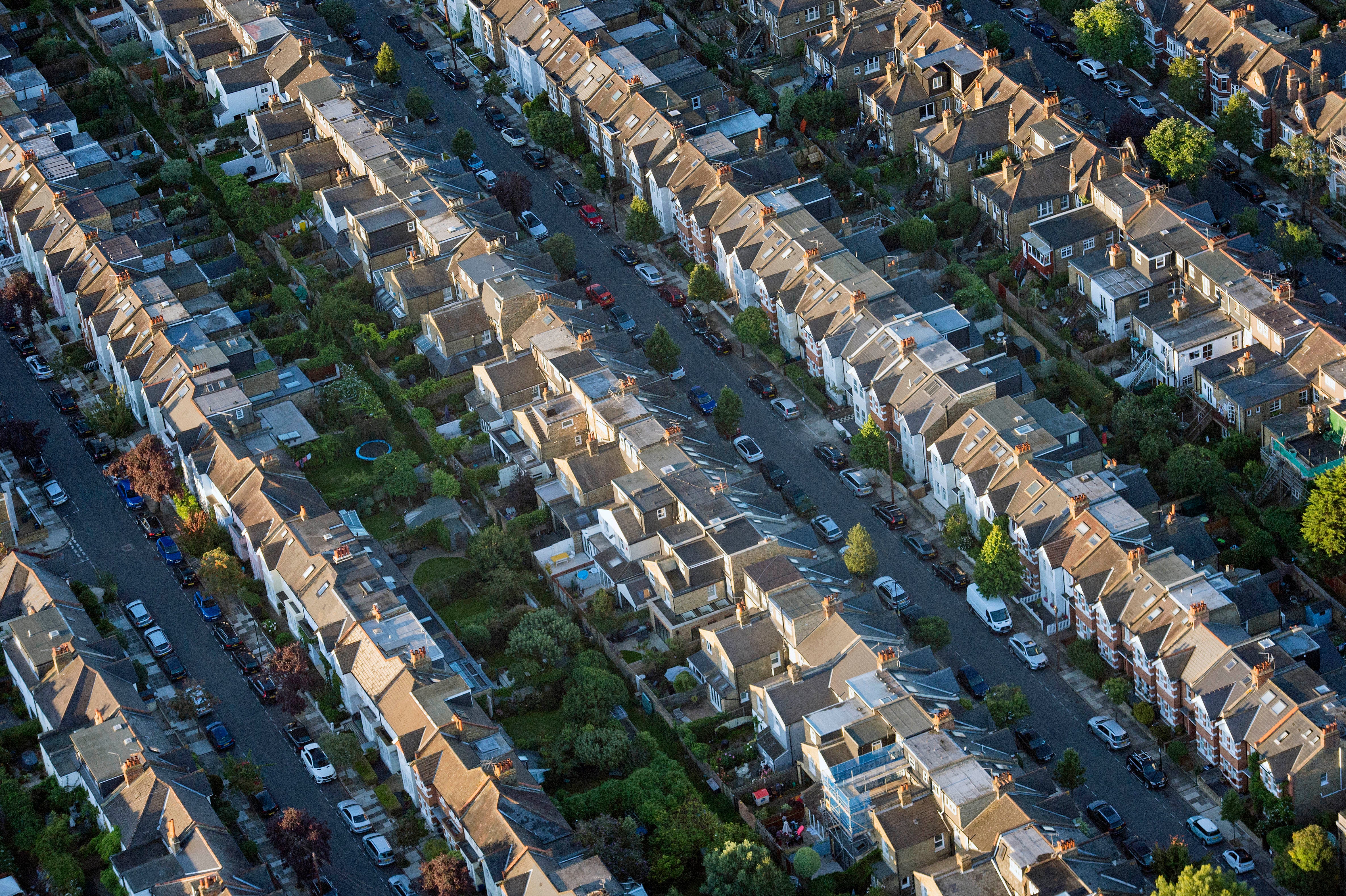£24,000 annual increase in average UK house price
The annual rate of house price growth slowed to 9.8% in March, the Office for National Statistics said.

The average UK house price jumped by £24,000 in the year to March, according to official figures.
The typical property value was £278,000 in March 2022 – following a £24,000 annual increase, the Office for National Statistics (ONS) said.
The annual growth rate in March, at 9.8%, was lower than an 11.3% annual increase in February.
Average house prices increased over the year in England to a record level of £298,000 (a 9.9% annual increase), in Wales to £206,000 (11.7%), in Scotland to £181,000 (8.0%) and in Northern Ireland to £165,000 (10.4%).
Within England, the East Midlands had the highest annual house price growth, with average prices increasing by 12.4% in the year to March.
The lowest annual house price growth was in London, where average prices increased by 4.8% over the year to March.
London’s average house prices remain the most expensive in the UK, with an average price of £524,000 in March.
ONS house prices statistician Ceri Lewis said: “Our latest figures continue to show house prices increasing and remaining at record levels.
“UK rental prices are also still growing rapidly across all nations and regions. After the falls seen last year, London rental prices continue to pick up with their strongest growth since November 2020.”
A separate report from the ONS showed private rental prices paid by tenants in the UK rose by 2.7% in the 12 months to April, up from 2.4% in the 12 months to March.
Private rents increased by 2.5% in England, 1.7% in Wales, and 2.9% in Scotland in the 12 months to April 2022.
Only the entrenched lack of supply can prevent prices from falling
Marc von Grundherr, director of estate agent Benham and Reeves, said: “The winds of change are certainly starting to blow and while this building economic headwind is yet to derail the phenomenal rates of house price growth being seen across the UK on an annual basis, it certainly seems as though dark clouds are gathering on the horizon.”
Guy Gittins, CEO of Chestertons, said: “Historically, spring marks the beginning of increased market activity with a surge in properties coming to the market. Not even half way into March, we had also already witnessed a spike in buyer inquiries and sales compared to the same time period last year.”
Anna Clare Harper, director of real estate technology platform IMMO, said: “Much like for the wider economy, house price inflation is being driven by shortages of supply.
“This shortage relates to housing in general, and to quality housing that people can afford, in the places they want and need to live, in particular.”
The report was released on the same day the ONS said Consumer Prices Index inflation rose to 9% in the year to April, up from 7% in March.
Andrew Montlake, managing director of mortgage broker Coreco, said: “Nine per cent inflation, rising interest rates and a potential recession ahead will impact demand while lenders are becoming ever more cautious, which will restrict what people can borrow.
“This will almost certainly see the rate of price growth slow during 2022 and into next year. Only the entrenched lack of supply can prevent prices from falling.”